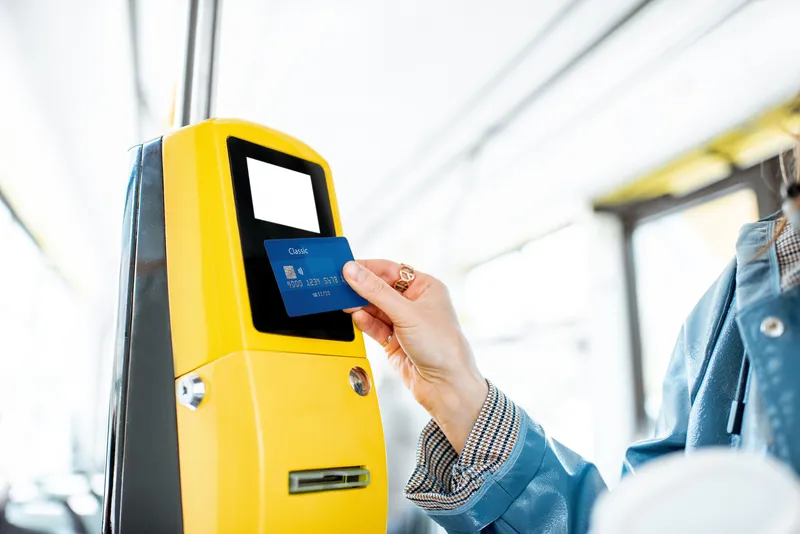
Cities in France are pressing ahead with ‘citizen cards’designed to give residents access to a wide range of services.
The card is an NFC device that acts as a portal to areas such as transport services, libraries, sports facilities and residential parking schemes. Until now, these have usually required individual documents, such as bus passes or club membership cards. Now, however, they are increasingly being incorporated into a single card. Lille, Bordeaux and Marseille are among the cities that have issued the devices. The features of the card include authentication, management of personal data and token management – replacing paper tickets on buses, for example. It may eventually be possible to use it as a payment card for local shops or markets. However, the cards are not an excuse for French cities to start building up databanks on their residents, insists David Mitel, product manager at Morpho. Speaking during the ‘Security Documents and e-Government’ thread at the CARTES SECURE CONNEXIONS conference, he said strict rules for the cards’ use had been laid down by the countryís National Commission for Internet and Freedoms (CNIL).”CNIL said that a city should collect only information useful for [delivering] its services and not excessive data to be held ‘just in case',” he points out.”The city should have a limited data retention period and if it is to be extended, that must be agreed with the citizen.” To obtain a card – which can take the form of a smart card or mobile phone – the resident has to present some already-authenticated ID, such as a national identity card. Personal information on the NFC device is held by the device's secure element.










